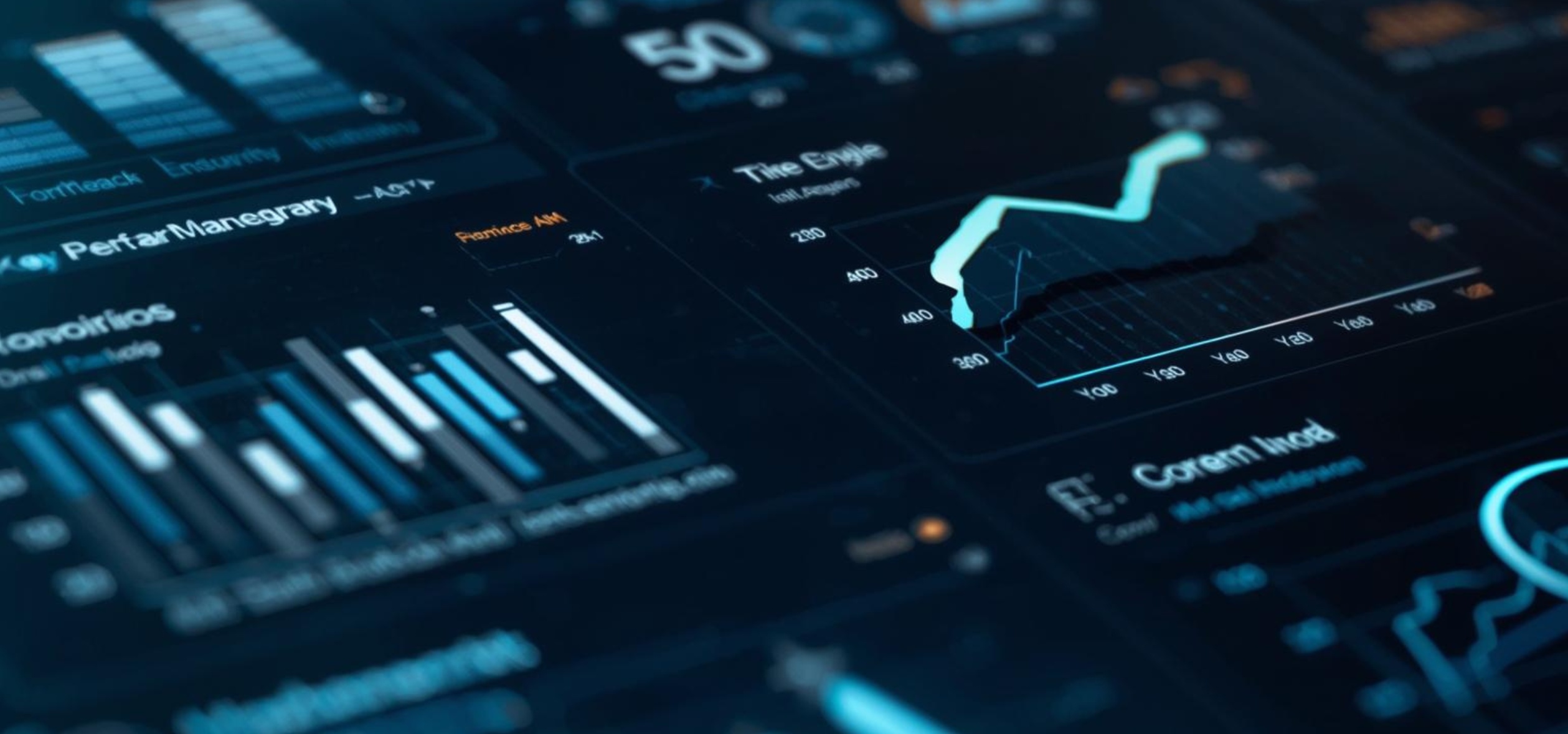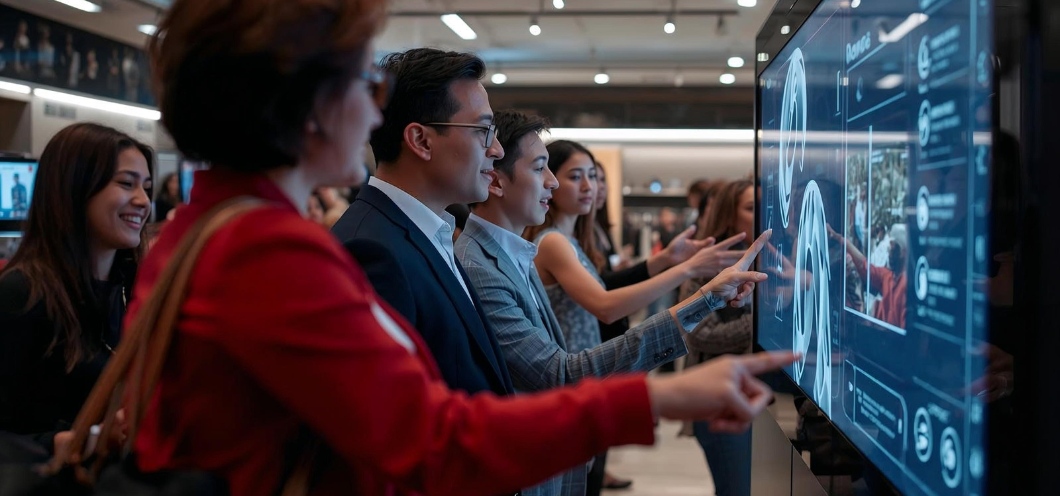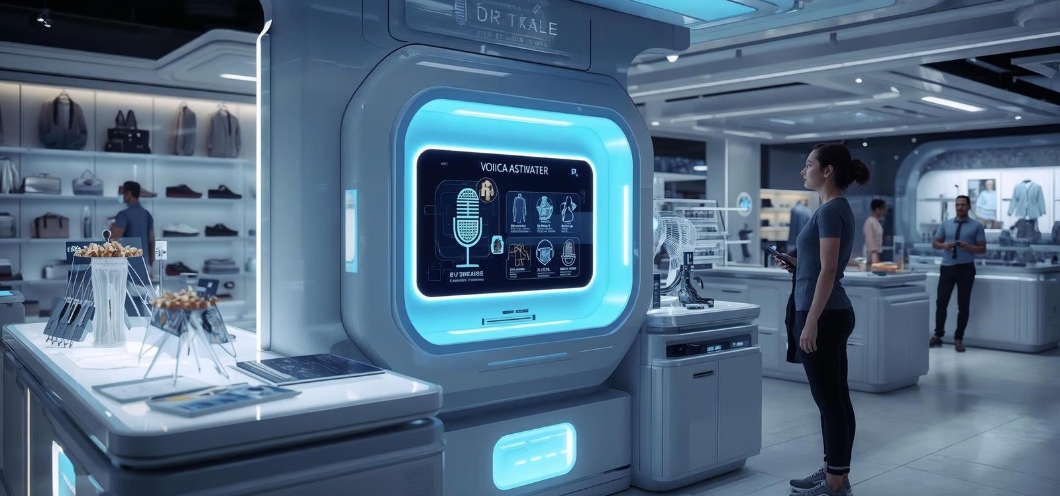- Imran Khan
- 1893
The retail landscape is undergoing a profound transformation, driven by technological advancements and shifting consumer expectations. From the integration of artificial intelligence to the utilization of immersive technologies, the future of retail is characterized by innovations that are redefining the shopping experience.
ALSO READ: Impact of Cashless Businesses on Retailers and Consumers
Emerging Trends and Innovations in Retail
In this blog, we’ll explore the emerging trends and innovations that are shaping the future of retail.
1. Artificial Intelligence (AI) and Personalization
Artificial intelligence has become a cornerstone of the retail industry, revolutionizing how businesses understand and cater to consumer preferences. AI-powered algorithms analyze vast amounts of data to offer personalized recommendations, anticipate trends, and enhance customer engagement. Chatbots and virtual assistants also provide real-time assistance, guiding customers through their shopping journey.
2. Augmented Reality (AR) and Virtual Reality (VR)
Augmented reality and virtual reality are transforming the way consumers interact with products. AR allows customers to visualize products in their own environment before making a purchase, while VR creates immersive shopping experiences. Retailers are using these technologies for virtual try-on sessions, interactive product demonstrations, and enhancing in-store experiences.
3. Contactless Payments and Seamless Checkout
Contactless payment methods and frictionless checkout experiences are gaining traction, especially after the COVID-19 pandemic. Mobile payment solutions, digital wallets, and cashier-less stores are becoming increasingly popular, offering convenience and safety to customers.
4. Omnichannel Retailing
Omnichannel retailing integrates various channels—online, in-store, mobile, and social media—to provide a seamless shopping experience. Customers expect consistency and convenience across all touchpoints, from browsing products online to picking them up in-store or receiving doorstep delivery.
5. Sustainability and Ethical Practices
Consumers are increasingly conscious of sustainability and ethical practices. Retailers are responding by adopting eco-friendly initiatives, offering sustainable products, reducing packaging waste, and promoting transparency in their supply chains. These initiatives resonate with the environmentally conscious consumer base.
6. Data Analytics and Predictive Insights
Data analytics and predictive insights drive informed decision-making in retail. Analyzing consumer behavior, purchasing patterns, and market trends enables retailers to anticipate demand, optimize inventory, and tailor marketing strategies effectively.
7. Subscription-Based Models and Membership Programs
Subscription-based models and loyalty programs are gaining popularity, offering customers convenience, cost-effectiveness, and personalized experiences. Subscription boxes, exclusive offers, and VIP memberships create a sense of belonging and value for loyal customers.
8. Social Commerce and Influencer Marketing
The social media platforms have become crucial for retail marketing. Social commerce—selling products directly through social media platforms—has emerged as a powerful trend. Influencer marketing, where influencers endorse products to their followers, plays a significant role in driving purchasing decisions.
Conclusion
The future of retail is dynamic and continually evolving. Retailers need to adapt and embrace these innovations to meet the ever-changing demands and expectations of consumers. By leveraging these trends, retailers can create immersive, personalized, and convenient shopping experiences, fostering customer loyalty and staying competitive in an increasingly digital world.
Tags:
Retail MarketingRetail TechnologyRetail TrendsAuthor - Imran Khan
Imran Khan is a seasoned writer with a wealth of experience spanning over six years. His professional journey has taken him across diverse industries, allowing him to craft content for a wide array of businesses. Imran's writing is deeply rooted in a profound desire to assist individuals in attaining their aspirations. Whether it's through dispensing actionable insights or weaving inspirational narratives, he is dedicated to empowering his readers on their journey toward self-improvement and personal growth.
Popular Post





